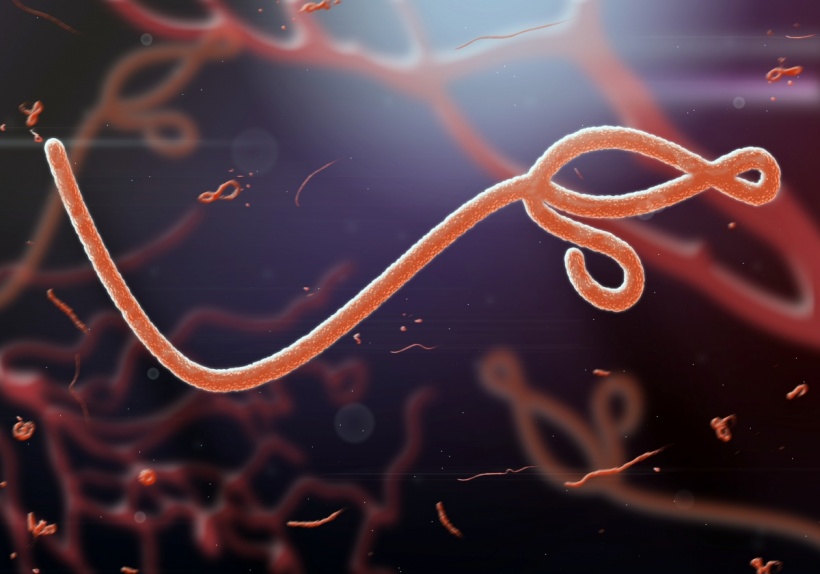Article • Epidemic
Ebola leaves a health legacy
First the good news: the most severe Ebola outbreak ever has been contained. Last December, Guinea, where the first infection was reported in late 2013, was declared free of Ebola cases. Liberia was considered free of Ebola in mid-January after no new case had been reported for 42 days (the WHO criterion for ‘free of Ebola’).
Report: Anja Behringer
For a ‘post mortem’ to know what could be improved for next time – and experts do not doubt that a ‘next time’ ebola outbreak will come. The first lesson learned: the WHO needs to be strengthened – more money, more power, more support. Second: in poor countries sustainable healthcare structures should be established and targeted efforts are needed to raise awareness among the people about health risk. Third: the outbreak prompted the pharmaceutical industry to develop and distribute medication and vaccines at a previously unknown speed. However, apart from success for one particular vaccine, research efforts did not yield successful results.
The survivors
According to the WHO, 11,000 people died during this recent Ebola epidemic in Western Africa. 17,000 patients, more than during any previous outbreak, survived Ebola virus disease (EVD) but are struggling with a range of sequelae, such as eye pain and decreased visual acuity, head and joint pain, hair loss, abdominal pain, loss of appetite, nausea, sleeping disorders or chronic fatigue. Neurological symptoms include short-term memory impairment and disorientation and women report menstrual abnormalities. The virus may persist in the eye, liquor (meningitis) and, nine months after the infection, even in semen.
It is only due to the large number of survivors that the sequelae become visible. Now, that the disease itself has been contained, the post-Ebola syndrome is the next healthcare challenge that needs to be mastered.
What exactly causes the symptoms is unclear – the virus itself, the massive immune response to it, or the use of aggressive disinfectants. Currently, data on the type, frequency and duration of symptoms are being collected and analysed. Maybe we are dealing with a chronic phase that follows the acute Phase.

Studies of survivors
A study involving 49 patients who survived the 2007 Ugandan outbreak pointed at a number of long-term sequelae that persisted as long as two years post infection. Whilst in Uganda a different sub-type of the Ebola virus caused the infection, the symptoms are very similar to those reported by survivors in West Africa.
In Liberia, researchers are collecting data on the long-term sequelae of the ebola infection. The team of the Partnership for Research on Ebola Virus in Liberia (Prevail) is trying to find out whether survivors develop immunity and whether, after the acute phase of the disease, they transmit the virus to sexual partners and other close contacts.
Over a five-year period the Prevail team will regularly examine 1,500 survivors and 6,000 people in those survivors’ immediate vicinity and analyse blood, tears, sweat and semen. Another focus will be vision disorders that appear to be a typical sequela of an Ebola infection. Lassa fever patients report similar sequelae, as severe infections in general can weaken a patient over a long period of time. On the other hand, different symptoms can have very different causes.
While all these physical issues need clinical care, the mental effects must not be neglected. The disease itself, the loss of loved ones or social marginalisation upon discharge from the treatment centres – these are traumatic experiences, which leave scars. Moreover, tight family units were torn apart and many children are orphaned. For many survivors, ‘back to normal’ – to a day filled with hard physical labour – is impossible, in view of the many sequelae.
Addressing the medical and psycho/social needs of EVD survivors is thus a major focus of the WHO action plan.
28.06.2016





